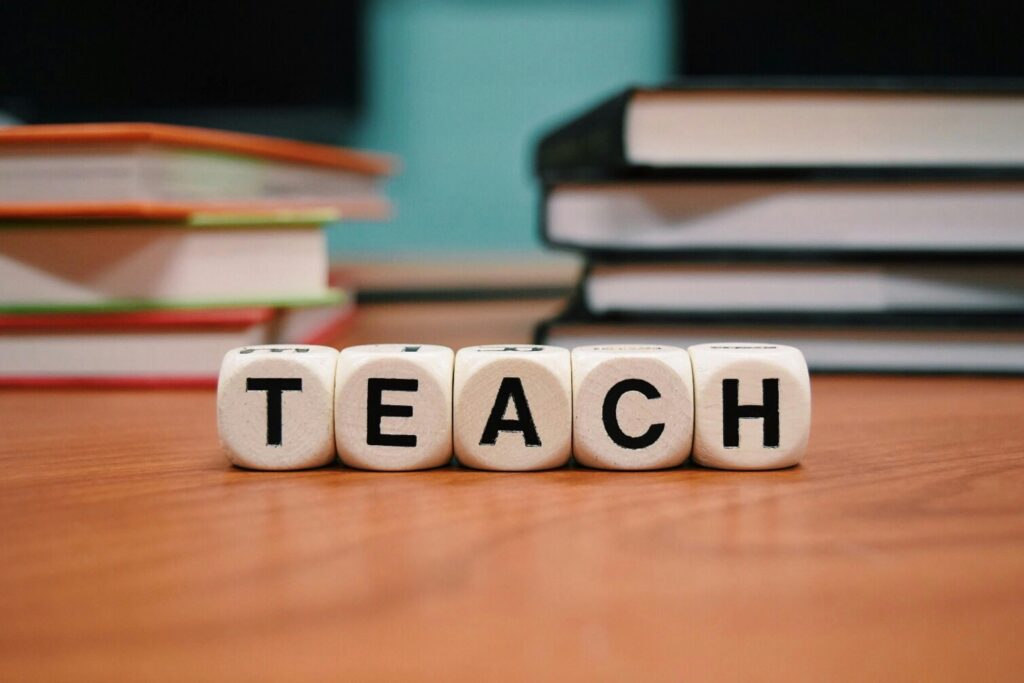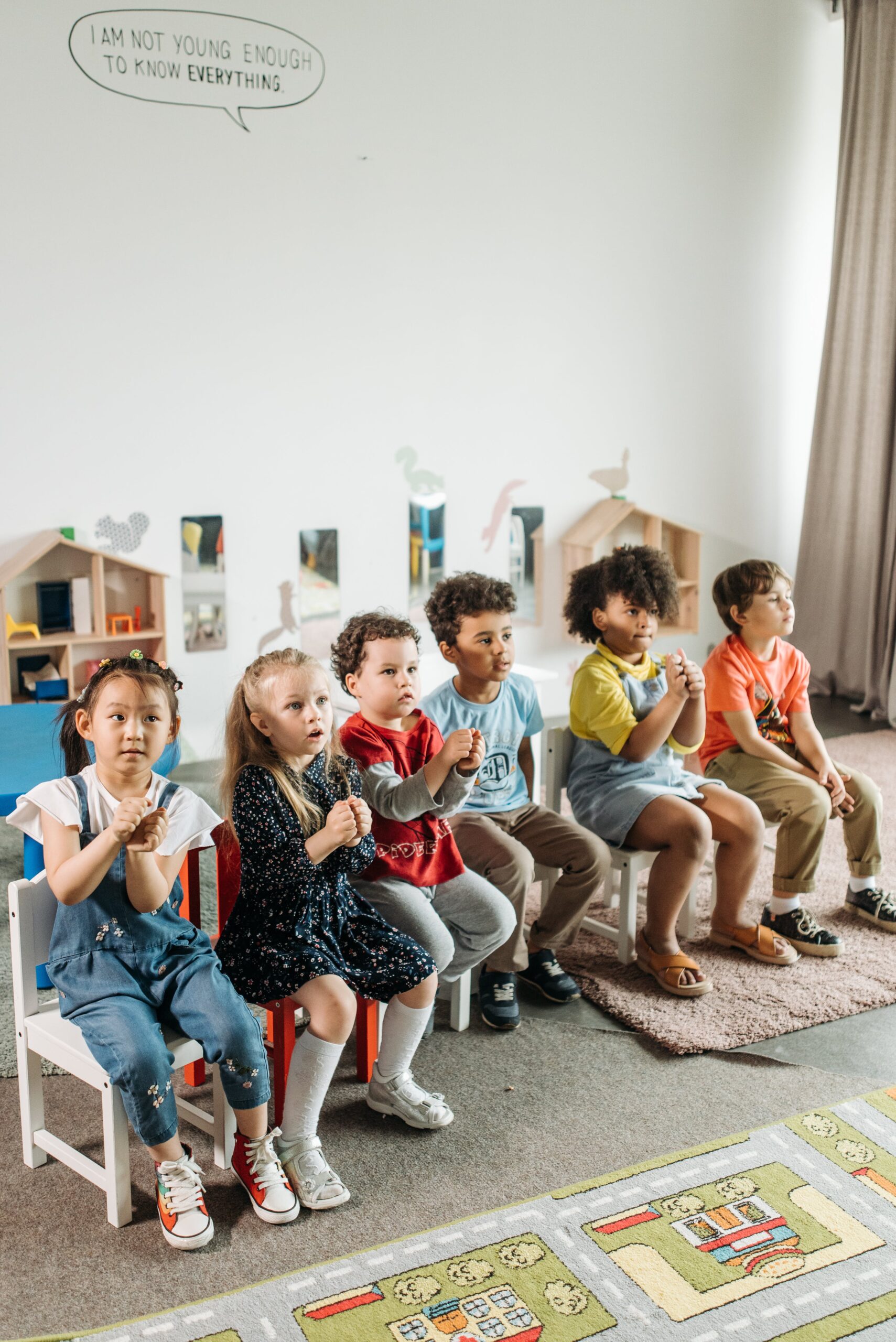Special education teaching assignments and certification are vital components of ensuring that students with diverse learning needs receive appropriate educational support. Inclusive education aims to provide equitable opportunities for all students, including those with disabilities or special needs, to learn and thrive within mainstream educational settings. This comprehensive guide explores the various aspects of special education teaching assignments and certification, including the roles and responsibilities of special education teachers, certification requirements, specialized training programs, and the importance of inclusive practices in modern education.
Roles and Responsibilities of Special Education Teachers:
Special education teachers play a crucial role in the education system, as they are tasked with supporting students with disabilities or special needs to achieve academic success and personal growth. Their responsibilities encompass a wide range of tasks, including:
- Individualized Education Program (IEP) Development: Special education teachers collaborate with students, parents, and other educational professionals to develop personalized IEPs tailored to each student’s unique learning needs, strengths, and goals.
- Differentiated Instruction: They adapt instructional strategies, materials, and assessments to accommodate diverse learning styles and abilities, ensuring that all students have access to the curriculum and can participate meaningfully in classroom activities.
- Behavior Management: Special education teachers implement positive behavior support strategies to address challenging behaviors and promote a positive and inclusive learning environment for all students.
- Collaboration and Consultation: They work closely with general education teachers, support staff, and community resources to provide comprehensive support services and ensure the successful inclusion of students with disabilities in mainstream classrooms and school activities.
- Assessment and Progress Monitoring: Special education teachers conduct ongoing assessments to monitor students’ progress, identify areas of need, and adjust instructional strategies and interventions accordingly to facilitate academic growth and skill development.
Certification Requirements for Special Education Teachers:
Certification requirements for special education teachers vary depending on the state/province, or educational jurisdiction. However, most jurisdictions have established specific guidelines and standards that aspiring special education teachers must meet to obtain certification. Some common requirements include:
- Educational Background: Individuals interested in pursuing a career in special education typically need to have a bachelor’s degree in education or a related field, with coursework or specialization in special education.
- Teacher Preparation Program: Completion of a state-approved teacher preparation program, which includes coursework, field experiences, and supervised teaching internships or practicum placements focused on special education pedagogy and best practices.
- Praxis Exams: Many jurisdictions require candidates to pass the Praxis series of exams, which assess their knowledge and competency in specific subject areas, including special education principles, teaching strategies, and assessment techniques.
- Additional Endorsements or Certifications: Depending on the level of specialization or the types of disabilities they wish to work with, special education teachers may need to obtain additional endorsements or certifications in areas such as autism spectrum disorders, learning disabilities, or behavioral disorders.
- Professional Development: Special education teachers are often required to participate in ongoing professional development activities, workshops, or training sessions to stay current with emerging research, best practices, and legal requirements related to special education.
Specialized Training Programs and Professional Development Opportunities:
In addition to formal certification requirements, special education teachers have access to a variety of specialized training programs and professional development opportunities to enhance their knowledge, skills, and competencies in the field of special education jobs. Some examples include:
- Graduate Programs in Special Education: Many universities offer graduate-level programs in special education, leading to master’s degrees, specialist degrees, or doctoral degrees in the field. These programs provide in-depth coursework, research opportunities, and specialized training in areas such as inclusive education, assistive technology, and behavior intervention.
- Continuing Education Workshops and Seminars: Professional organizations, school districts, and educational agencies often host workshops, seminars, and conferences focused on various aspects of special education practice, including IEP development, behavior management strategies, and evidence-based instructional interventions.
- Online Courses and Webinars: Online learning platforms and educational websites offer a wide range of courses, webinars, and training modules specifically designed for special education professionals. These resources cover topics such as differentiated instruction, literacy interventions, and assistive technology tools.
- Mentorship and Coaching Programs: Experienced special education teachers may participate in mentorship or coaching programs to support novice teachers and provide guidance, feedback, and support as they navigate their roles and responsibilities in the field.
- Collaborative Professional Learning Communities: Special education teachers can engage in collaborative learning communities with their peers, both within their school or district and through online forums and social media groups. These communities provide opportunities for networking, sharing resources, and exchanging ideas and best practices with other professionals in the field.

Importance of Inclusive Practices in Modern Education:
Inclusive education is founded on the principle that all students, regardless of their abilities or disabilities, should have the opportunity to learn together in inclusive classroom environments that foster diversity, equity, and respect for individual differences. Inclusive practices benefit not only students with disabilities but also their peers, teachers, and the broader school community in the following ways:
- Academic Achievement: Research has shown that inclusive education leads to higher academic achievement for students with disabilities, as they have access to the same curriculum, instruction, and educational resources as their peers without disabilities. Inclusive classrooms promote collaboration, critical thinking, and problem-solving skills, which are essential for academic success.
- Social and Emotional Development: Inclusive classrooms provide opportunities for students with disabilities to develop meaningful relationships, friendships, and social skills with their peers. They learn to appreciate and value diversity, empathy, and acceptance, fostering a sense of belonging and emotional well-being.
- Equity and Access: Inclusive education promotes equity and access to education for all students, regardless of their background, abilities, or differences. It challenges discriminatory practices and barriers to learning, ensuring that every student has the opportunity to reach their full potential and participate fully in school life.
- Community Building: Inclusive schools create a sense of community and belonging where students, families, teachers, and staff work together to create an inclusive and supportive learning environment. They celebrate diversity, promote mutual respect, and embrace the strengths and contributions of every individual.
- Preparation for Life Beyond School: Inclusive education prepares students for life beyond school by fostering skills such as collaboration, communication, problem-solving, and self-advocacy that are essential for success in the workplace and in society. It promotes the values of inclusion, diversity, and social justice that are integral to building inclusive communities.
Conclusion:
Special education teaching assignments and certification are critical components of creating inclusive educational environments where all students have the opportunity to learn, grow, and succeed. Special education teachers play a vital role in supporting students with disabilities with Educational Tools for Special Needs Students, ensuring that they receive the necessary accommodations, interventions, and support services to achieve their educational goals. By meeting certification requirements, pursuing specialized training, and implementing inclusive practices, special education teachers can make a positive impact on the lives of their students and contribute to the creation of more equitable and inclusive schools and communities.







